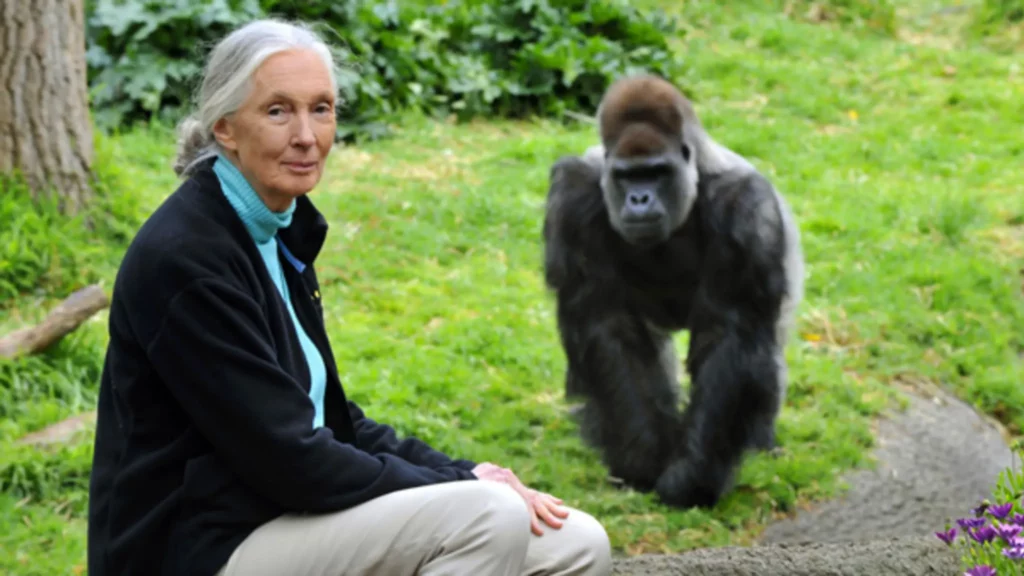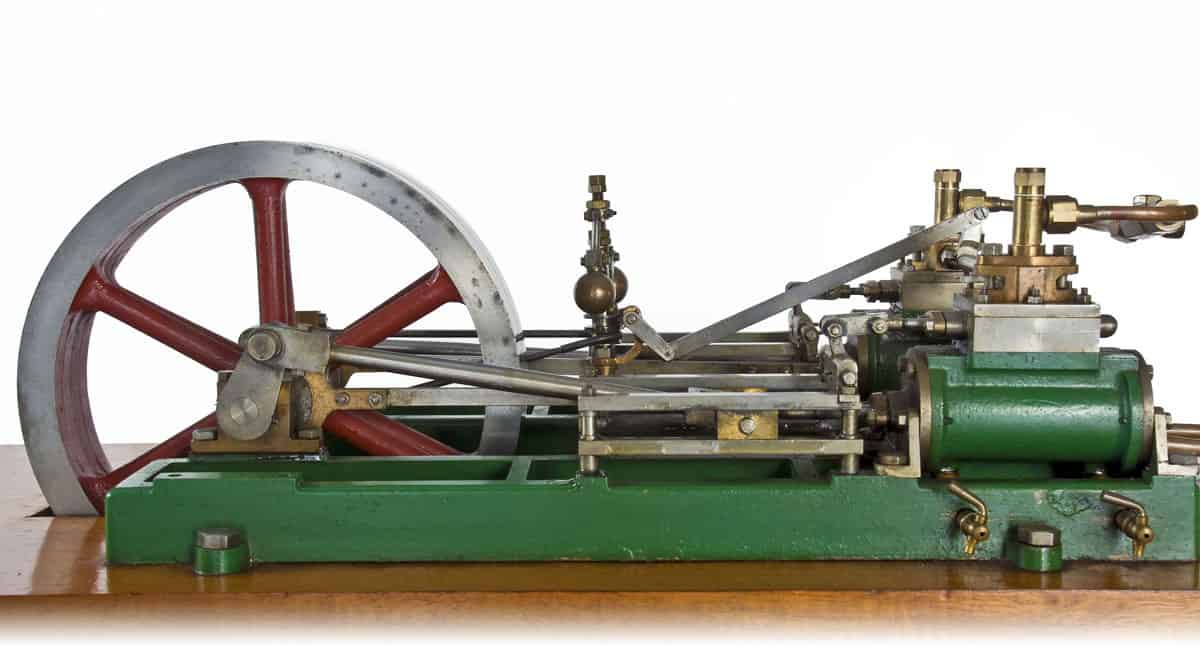A New Definition of Humanity

Conventionally, anthropologists defined humans by their toolmaking.1M.E. Webber, “Redefining Humanity Through Energy Use,” Earth Magazine, March 2010. However, Jane Goodall observed chimpanzees in the wild for decades and discovered that chimpanzees also make and use tools. They use leaves as makeshift bowls to scoop water and stones and other found objects to make noise to establish dominance within another group of chimpanzees. They strip sticks of leaves and thorns, leaving a smooth stem to extract termites from mounds. Jane Goodall’s work redefined humankind because the definition of man as tool-user no longer held.2Jane Goodall: The Woman Who Redefined Man. Dale Peterson. Houghton Mifflin, Boston, 2006.

Today, manipulating forms of energy distinguishes humans from other species. Though all species benefit from the natural conversion of radiant energy (sunlight) into chemical energy through photosynthesis, humans are the only species that deliberately converts energy from one form to another—for example, converting chemical energy (fuels) to thermal energy (heat) or mechanical energy (motion). Thus, a new definition of humanity emerges; humans intentionally manipulate energy, but other species do not.
Image Credits: Vincent St. Thomas/Shutterstock.com.


